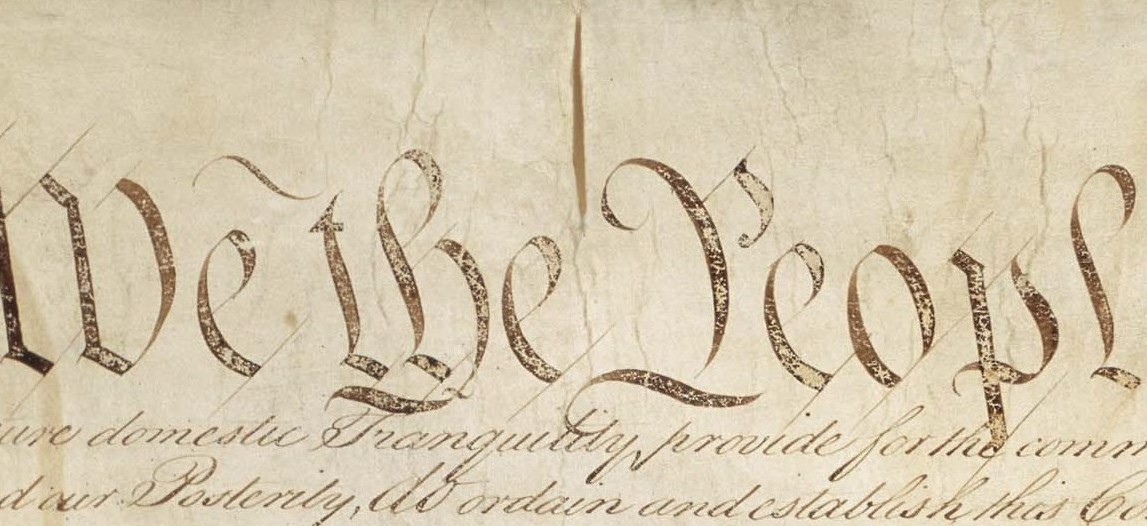In my last article, I explained that certain provisions of the Constitution that are broad in nature must not be arbitrarily narrowed as a matter of judicial restraint. Along the same lines, I found an interesting article by Professor Andrew Koppelman of Northwestern Law who gave a lecture at Brown last year on the First Amendment and commercial speech. In Why Jack Balkin Is Disgusting, Koppelman comments on Professor Balkin’s support for Originalism at the outset and then goes on to point out some abstract problems with Originalism.
“The tropes of fidelity to text and principle, and of their restoration and redemption in history are not simply fables we tell themselves,” Balkin writes. “These tropes allow us to see the Constitution as a transgenerational project that connects different generations and identifies them as a single people stretched out over time.”
Koppelman takes issues with this. In his words, “This is like saying that God is not simply a fable because the idea of God allows the church to see itself as a single community. It doesn’t answer the question. The community would very much like to know whether the object of its faith is real. Eric Posner is right that Balkin is trying to figure out what the PR angle of originalism is and how to duplicate it. The problem is like the quandary of atheists who want to invoke religious language because it symbolically expresses human aspirations, even though whatever power the language has depends on the sense that God is a reality and not merely a metaphor.”
After this critique of Balkin, Koppelman notes that “[E]ven the faithful, even the person who believes in God fervently and devotedly, knows that the works of religion, the products of religion, the practices and conventions of religion, are made by mortal human beings, by communities of belief that extend and evolve over time, sometimes over many centuries. In the same way, even the person who firmly believes in the rule of law knows that it is made by fallible mortals. So even the most devoted face the dangers inherent in faith, and they face them not because they are agnostic but precisely because they have given their lives over to faith.”
Koppelman therefore suggests that the “framers displayed their faith by codifying abstract ideals such as equal protection. When we today offer our best understanding of those ideals, we manifest the same faith. That is a kind of Originalism. But it’s not the kind that conservative originalists were hoping for.”
In the end and through his witty language, Koppelman concludes, “We live in a world in which the Constitution isn’t really a higher standard outside ourselves. It is a human construct, legitimated, if at all, by things unseen. We are, perhaps, all that the Constitution is of. Its innards are as slimy as ours. How disgusting is that?”
I personally welcome the “what if” questions quite often. However, despite seeing the virtues of this argument, I do imagine that it might be taking the broadness of the constitutional provisions quite far. Read the article and decide for yourself, while noting that the jurisprudence promoted by Koppelman is not a necessary consequence of my Strict Constructionism and the Shrinking of the Constitution.
